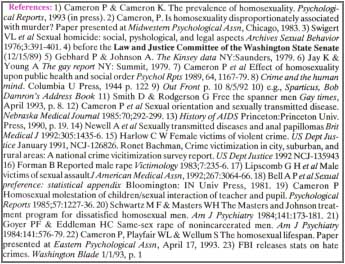Henry Kissinger, one of the most controversial political figures of the 20th and 21st centuries, turns 100 on May 27, 2023. As the former US Secretary of State and National Security Advisor, Kissinger’s policies shaped US foreign relations during the Cold War era. While some saw him as a master diplomat, others regarded him as another ruthless warmonger responsible for the deaths of millions. Here at the Soapbox, you may not be surprised that we regard him as a ruthless, calculating, soul-less, warmonger.
Share Cindy Sheehan’s Soapbox Newsletter
Kissinger rose to political fame during the Nixon administration, where he played a pivotal role in the US opening to China and the détente with the Soviet Union. He was awarded the Nobel Peace Prize (the resistance in Vietnam should have been awarded the NPP) in 1973 for his efforts in bringing about “peace” in Vietnam, but his legacy in that country remains tarnished with Agent Orange, landmines, and epic devastation. Kissinger was responsible for the secret bombing of Cambodia, which claimed the lives of tens of thousands of Cambodians. In Vietnam, his policies resulted in the deaths of as many as 2,000,000 civilians on both sides and some 1,100,000 North Vietnamese and Viet Cong fighters (plus, tens of thousands of US troops). The U.S. military has estimated that between 200,000 and 250,000 South Vietnamese soldiers died
The endorsement of Kissinger by Gerald Ford, Ronald Reagan, and, eventually, by Clinton, has normalized him, making his views a central part of American statecraft by casting him as a fount of establishment gospel—a gospel that preaches the value of American humanity and accepts as necessity the casual destruction of other people and places. Normalization of this sort, also perpetuated by figures in the media, policy experts, and academics, is dangerous. It transforms the deplorable into the acceptable. Donald Trump is now trying to make such a shift; there is no guarantee that he will fail. Kissinger offers a lesson in how to succeed, by never disavowing and never apologizing, and by relentlessly persuading others of the legitimacy of his diplomacy. (Author and refugee: Viet Thanh Nguyen in The Atlantic 16 Nov 2016)
Comment: All these presidents are Secret Society CABAL members which makes them traitors to America. Secret Society or CABAL members Represent the British Empire Interests which is a Crime Syndicate.
Moreover, Kissinger’s involvement in multiple US-led interventions in Latin America and the Middle East has further fueled the debate about his loose morals. In Chile, for instance, Kissinger was instrumental in overthrowing the democratically elected government of Salvador Allende and installing Augusto Pinochet, a brutal dictator. Pinochet ruled with a bloody, iron fist, and his regime was responsible for the murder, torture, and kidnapping of thousands of political opponents and other innocent Chileans.
Look at the Happy, Genocidal Couple: Pinochet and el Diablo
Kissinger’s critics argue that his support for authoritarian regimes and his role in US-led wars have led to disastrous consequences for civilians. During the Iraq War, he infamously suggested that the US should “search for a way out that saves face” (another epic fail) Kissinger has often been accused of prioritizing US capitalist interests over human rights, and his legacy continues to fuel debates about American exceptionalism and foreign policy.
On the other hand, Kissinger’s war criminal accomplices argue that he was a pragmatist who sought to advance US interests in a world that was marked by Cold War tensions. They ludicrously CLAIM that his policies helped stabilize the world at a time of immense uncertainty, and that his insights into international relations remain relevant today. They also point to his achievements in China, where his diplomacy helped the US establish a new strategic partnership with one of its adversaries. Look where that one has got us today.
As Henry Kissinger turns 100, his demonic legacy continues to spark debates about US foreign policy and human rights. While his fellow war criminals hail him as a master diplomat (and realize that if he gets executed for crimes against humanity they may be, also) and point to his dubious achievements in international relations, his critics righteously remain critical of his role in murderous US-led interventions and his support for authoritarian regimes. Regardless of one’s views on Kissinger, it is clear that his life and work will remain a subject of debate for years to come. As political and social activists, it is up to us to continue to reflect on his legacy and fight for a world that prioritizes human rights and justice for all.
My only question is why do the good die young and why does evil linger like a rancid fart?
Leave a comment
Thanks for being a loyal reader of Cindy Sheehan’s Soapbox, we need your financial help if you are able.
We have different tiers of support: $5/month; $50/year, or $100 as a founding member.
Checks/money/orders/cash/etc can be snail-mailed to:
Cindy Sheehan’s Soapbox, LLC
PO BOX 6264, VACAVILLE, CA 95696
PAYPAY: CINDYSHEEHANSSOAPBOX@GMAIL.COM
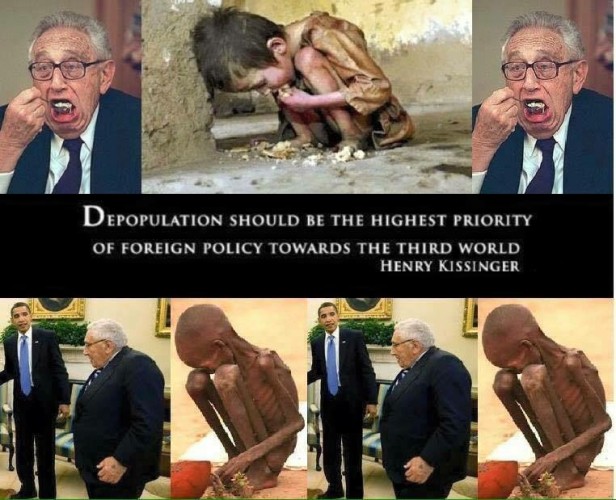

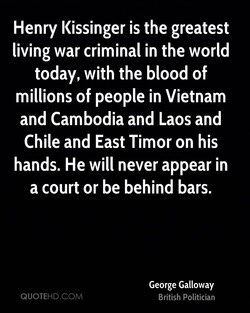
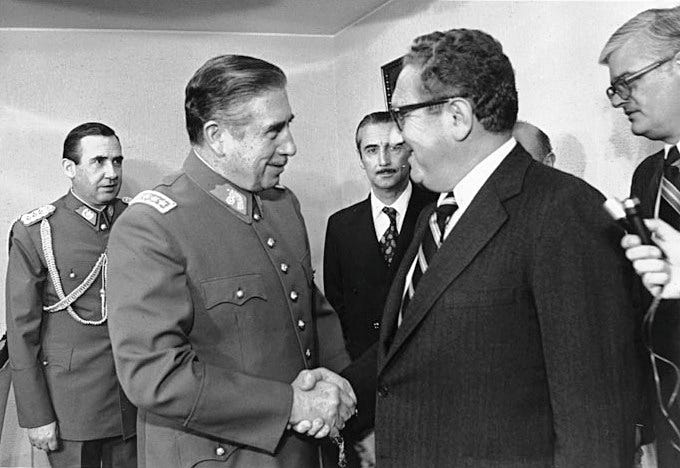
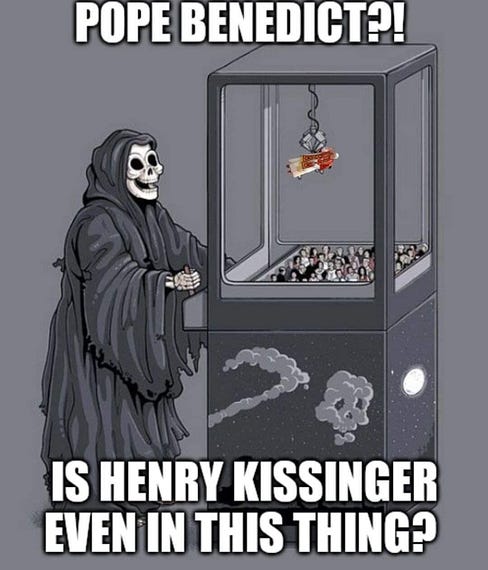

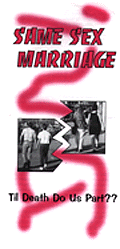 Society has a vested interest in prohibiting behavior that endangers the health or safety of the community. Because of this, homosexual liaisons have historically been forbidden by law.
Society has a vested interest in prohibiting behavior that endangers the health or safety of the community. Because of this, homosexual liaisons have historically been forbidden by law.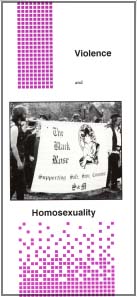 In 1992 two Jeffersonville, Indiana lesbians, aged 17 and 16, abducted a 12-year-old girl whom they accused of trying to “steal a girlfriend.” The little girl was pushed into the trunk of a car, stabbed repeatedly, and beaten with a heavy metal bar. While still struggling, they poured gasoline on her and set her ablaze. Later that year a Fort Lauderdale, Florida 14-year-old was convicted of first-degree murder for helping to kill his 40-year-old father. The father “was stabbed 45 times and beaten so badly with an iron skillet that the skillet shattered.” The boy confessed that he helped his father’s former homosexual lover and roommate kill him so he and the 31-year-old “could live together.”
In 1992 two Jeffersonville, Indiana lesbians, aged 17 and 16, abducted a 12-year-old girl whom they accused of trying to “steal a girlfriend.” The little girl was pushed into the trunk of a car, stabbed repeatedly, and beaten with a heavy metal bar. While still struggling, they poured gasoline on her and set her ablaze. Later that year a Fort Lauderdale, Florida 14-year-old was convicted of first-degree murder for helping to kill his 40-year-old father. The father “was stabbed 45 times and beaten so badly with an iron skillet that the skillet shattered.” The boy confessed that he helped his father’s former homosexual lover and roommate kill him so he and the 31-year-old “could live together.”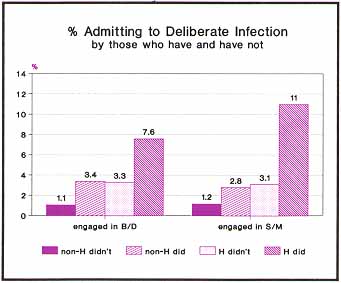 There also appears to be a connection between the practice of violent sex and one’s willingness to deliberately infect someone else. Dividing our random national sample
There also appears to be a connection between the practice of violent sex and one’s willingness to deliberately infect someone else. Dividing our random national sample 